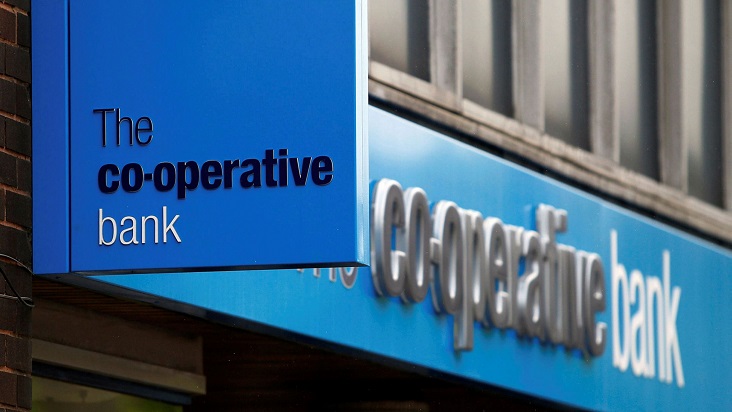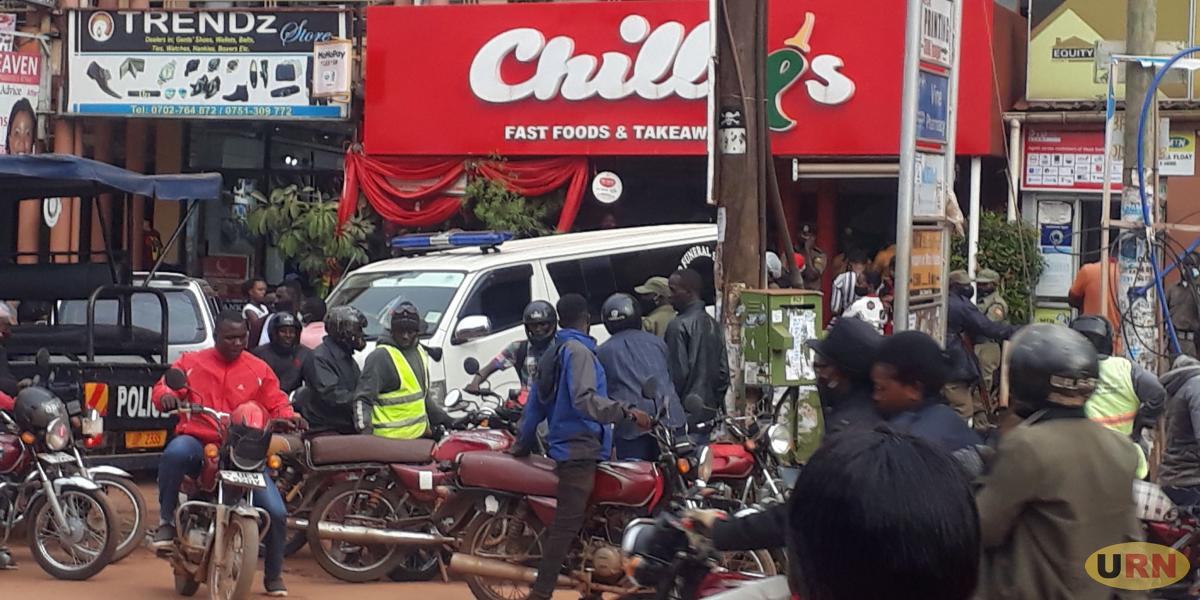The cooperative movement is getting increasingly confident that the Cooperative Bank Ltd will reopen soon, 23 years after ceasing operations.
The calls for the bank’s reopening started almost immediately after the Bank of Uganda sold off its assets in 1999, citing undercapitalization and mismanagement.
The shareholders of the bank have since petitioned the government and the Bank of Uganda for clarity on whether BOU closed the Co-operative Bank that had been registered under the 1961 Cooperative Societies Statute or the one registered under the Companies Act in 1997.
Following the letter earlier this month by the Solicitor General to the Bank of Uganda to explain the confusion, the Cooperators say there is renewed hope, now that government has made some response.
The letter also tells the BOU to explain that if the closure was of the 1997 bank which was a company, why then it was the assets of the 1964 bank, which the Cooperative leaders say was a cooperative society, that were sold.
Speaking on behalf of the shareholders, the General Secretary and Chief Executive Officer of Uganda Cooperative Alliance, Ivan Asiimwe says they are awaiting a study report by a committee set up by the Ministry of Trade, Industry and Cooperatives on the closure of the bank.
He says that for long, the respective authorities, including the Inspectorate of Government were quiet despite the various petitions, but that now, the study and the Solicitor General’s letter to BOU have offered fresh hope.
Asiimwe says that should it be concluded that the assets were wrongly sold, the Cooperators will demand for compensation.
Asiimwe also adds that they, as the owners, are asking BOU to avail them with the details of the transaction, including how the shareholders were handled, and the liquidation report.
He also responded to views that instead of spending resources to reopen the bank, they should work with the government to build the capacity of the available state-owned banks to serve the Cooperators, most of whom are in agriculture.
He says that the government has already sunk a lot of money into the sector through its banks including the Agriculture Credit Facility, but there is no proof that the majority of farmers, who are smallholder, have benefited.
Instead, he says, they would be comfortable if they had their own bank to support not only agriculture, but the cooperative movement as a whole, and a bank on which they have a say of control.
He says for example, that if the Cooperative Bank was functional, the Parish Development Model wouldn’t be suffering the current financing controversies.
On whether the cooperative movement can afford to establish a bank, Asiimwe says they have the ability to.
In 2021, BOU raised the minimum paid-up Capital requirements for a commercial bank from 25 billion to 150 billion shillings, while credit institutions, the next tier below commercial banks, must have a minimum of 25 billion from 1 billion shillings.
Asiimwe says that they will confirm the requirements from the report of the ongoing study, but assures that they have the resources.
Trade, Industry and Cooperatives Minister Francis Mwebesa’s petition to the Attorney General says by the time the 1997 Cooperative Bank was closed, “the process of turning the bank into a company had not been completed, neither had the ‘original’ Cooperative Bank’ been deregistered.”
“Which cooperative bank did BOU close? If it was the latter bank, why were the assets of the former seized and sold instead?” the letter signed by JBR Suuza on behalf of the Solicitor General reads in part.
The letter also asks for “any other relevant information on the subject” pertaining to the winding up of the Cooperative Bank.
“We will appreciate your response, preferably by Monday 23rd January, 2023,” says the letter to BOU’s Legal Counsel. The Bank was closed on May 1999.
The matter also came up in the 2018/19 parliamentary probe into the closure of seven banks by BOU.
One of the contentious issues was the price paid for the assets of the bank.
The report by the Committee on Statutory Agencies and State Enterprises, COSASE, noted that the assets were sold a discount of 93 percent, which was described as a giveaway.
Ivan Asiimwe, a former shareholder said the bank at the time had 25 branches and five agencies around the country.
“The committee in the course of interaction with the Uganda co-operative Alliance (representing the cooperators that formed the Coperative Bank in 1964), established that in 1992, the Government together with USAID made attempts to recapitalize the distressed Co-operative Bank,” says the COSASE report.
They complained that in the process a new company (the Cooperative Bank Ltd) was incorporated with the same name with a set of directors and subscribers.
“This was done without deregistering or liquidating the previous Co-operative Bank Ltd of 1964 registered under the Cooperative Societies Act.”
Registering a new bank with the same name without liquidating/winding up the first resulted in having two banks duly registered, according to COSASE.
“The committee therefore recommends that BoU, Ministry of Trade, Industry and Co-operatives and the Ministry of Finance, planning and Economic Development resolves the concerns of the Uganda Co-operative Alliance and assets of the Co-operative Bank, and it is further recommended that Government reports on the matter to this House within six months,” the committee led by MP Abdu Katuntu recommended.
–URN





